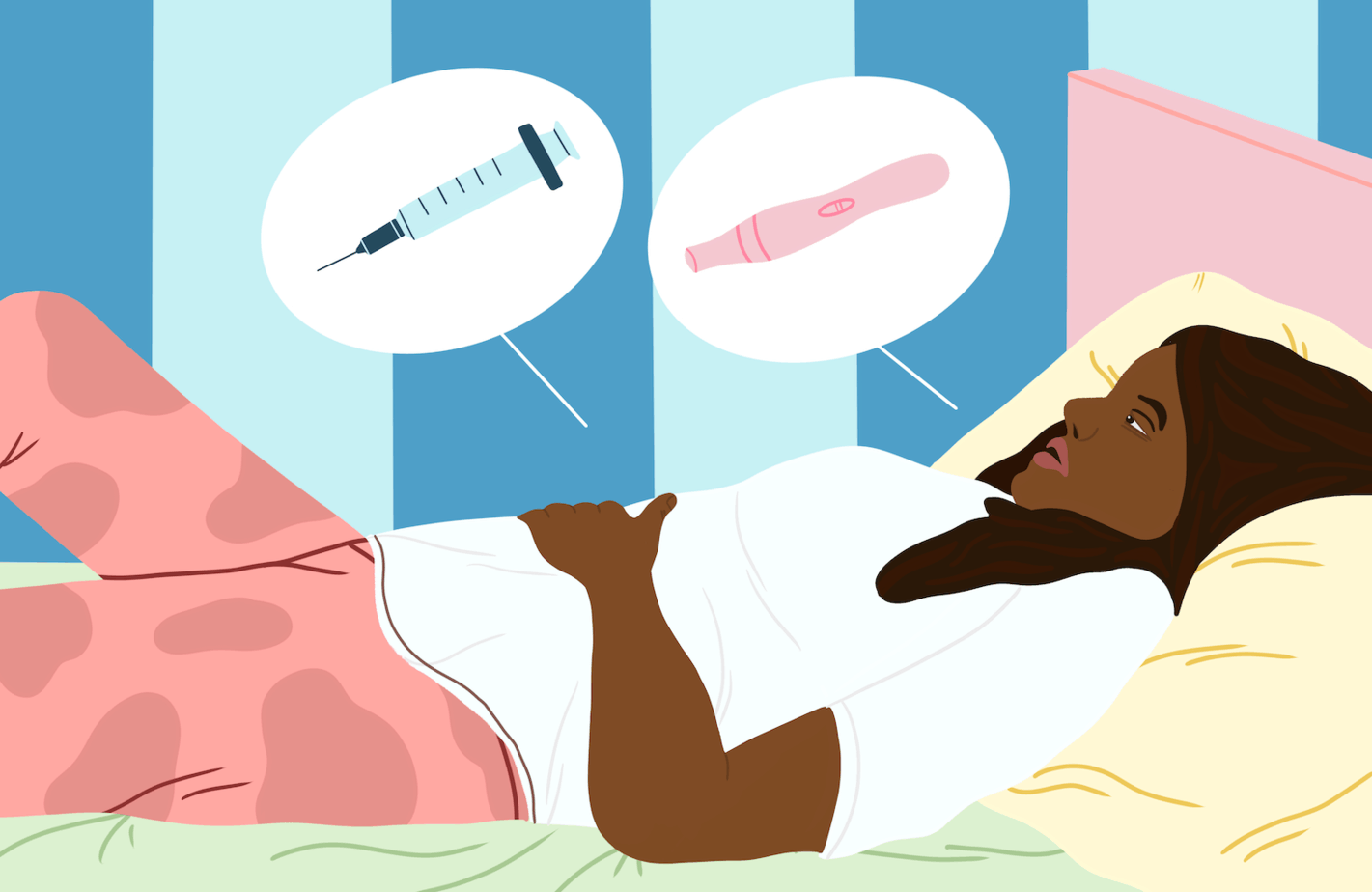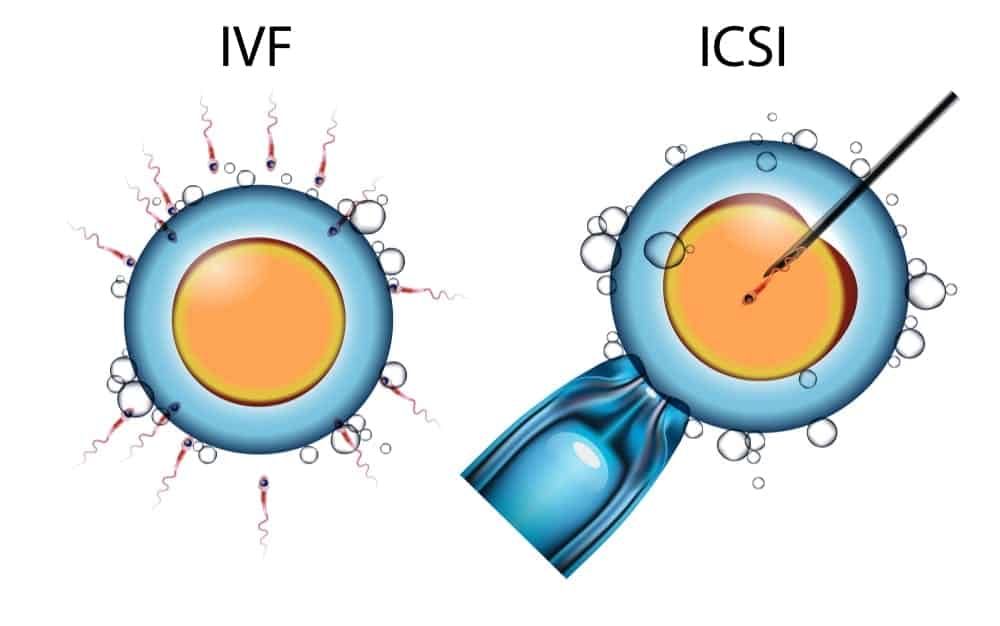We all have medical questions that we want answered – that’s why Dr. Amna Asif is here to provide us with her expert opinion! Every other week, she will be sharing her expert advice with us regarding a range of topics our followers are interested in learning more about. This week in Doc Talk, she talks about assisted reproductive technologies, such as IVF and ICSI. Read ahead to find out the success rate, the steps to take for it and the risks involved:

What Are IVF And ICSI?
IVF (In vitro fertilisation) & ICSI (Intracytoplasmic sperm injection) are forms of assisted reproductive treatment (ART) in which eggs are fertilised with sperm outside the body. IVF is used for unexplained infertility in women, and ICSI is used when there is a male cause of infertility.
In Pakistan, IVF is permissible for married couples during the span of their marriage, using their own sperm and eggs. Surrogacy and egg or sperm donation however, are not permissible.
Success Rates
The chance of a live birth following IVF depends on many factors including the woman’s age, the man’s age and the cause of infertility. Different fertility clinics & specialists estimate the success of assisted reproductive techniques in different ways. When you are comparing success rates of different clinics, make sure you consider your own personal circumstances and medical history.
Below are the estimated chances of a woman having a baby from her first cycle of IVF, according to her age. The results below apply to women who used their own eggs, and it includes the use of frozen embryos produced by one cycle of IVF:
∙ Under 34 yrs of age: 44% chance of a live birth
∙ 35-39 yrs of age: 31% chance of a live birth
∙ 40-44 yrs: 11% chance of a live birth
∙ 44 yrs & above: 4.2% chance of a live birth.
Please note that these statistics however differ from person to person and greatly depend on various factors. It’s best to meet with a professional to help guide you through the process.

The Steps Of IVF
The cost of IVF in Pakistan varies from Rs. 250,000 to Rs. 450,000. Both partners have a preliminary check up and investigations ( blood tests, pelvic USG for woman and semen analysis for man). The steps involved in IVF and ICSI are as follows:
- Hormone Stimulation – The woman’s ovaries are stimulated with a course of injectable fertility drugs
- Egg Retrieval – When the eggs are mature, they are retrieved while the woman is under light anaesthetic
- Embryo Development – When using IVF, sperm from the male partner are added to the eggs to allow them to be fertilised. When using ICSI, the scientist picks up a single sperm and injects it into each egg using a microscopic needle. The eggs and sperm are then kept in the laboratory for 2 to 5 days (depending on clinic practice) for embryos to develop
- Embryo Transfer – If the eggs fertilise and embryos develop, one embryo (or sometimes two) is placed in the woman’s uterus. (Sometimes several embryos develop, and they can be frozen for use in later embryo transfer procedures.)
- Test For Clinical Pregnancy – Two weeks after the embryo transfer the woman has a blood test to see if the treatment has been successful:
If the test is positive, an ultrasound examination is scheduled 2 weeks later to check that the pregnancy is developing normally. Remember, a clinical pregnancy does not guarantee the birth of a baby as miscarriages can occur.
∙If the test is negative the woman will have a period and will then need to decide whether to try again.
- The Birth Of A Living Baby
Risks Associated With IVF
IVF managed by a trained specialist, is a safe procedure and medical complications are rare. But as with all medical procedures, there are some possible health effects for women and men undergoing treatment and for children born as a result of treatment.
∙ An excessive response to fertility drugs – ovarian hyper-stimulation syndrome
∙ Multiple birth (twins and triplets)
∙ Premature labour and low birth weight
∙ A small increased risk of birth defects compared with spontaneously-conceived babies
∙ Caesarean delivery.
IVF and ICSI are also psychologically demanding and emotionally draining. Usually, counselling services are available in fertility clinics. Your fertility specialist will discuss this with you.









What do you think?
You must be logged in to post a comment.